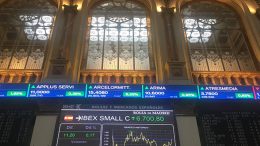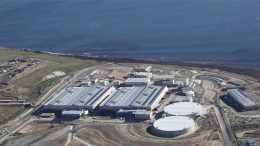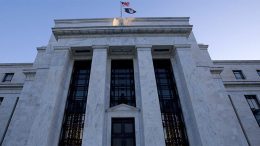SIX Open To Extending Its Commitment To Maintaining BME’s Brand After Takeover
The aim of the move would be to obtain government approval for the operation, a necessary condition for it to be successful. SIX’s purchase proposal includes the commitment to maintaining BME’s current brands, headquarters, business lines and offices. It also upholds the company’s strategy in Spain for four years, which could now be extended.










